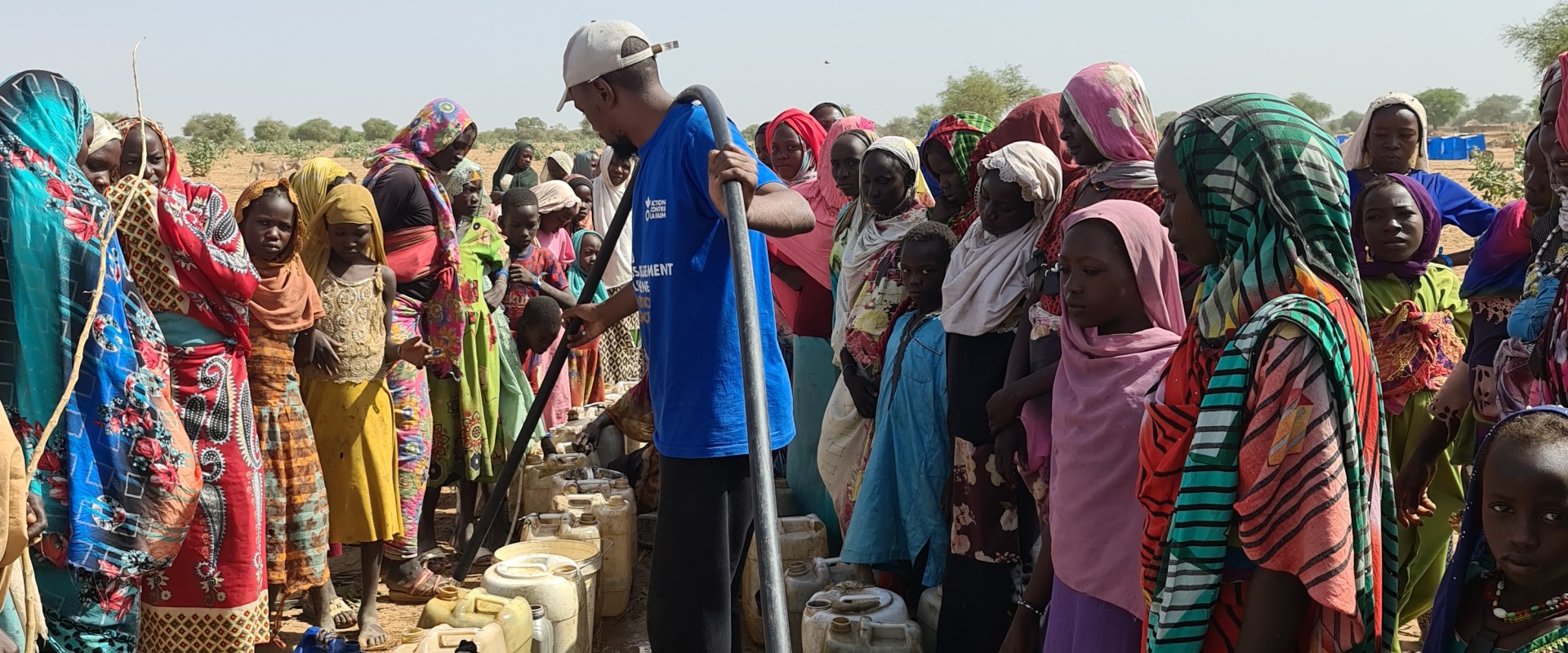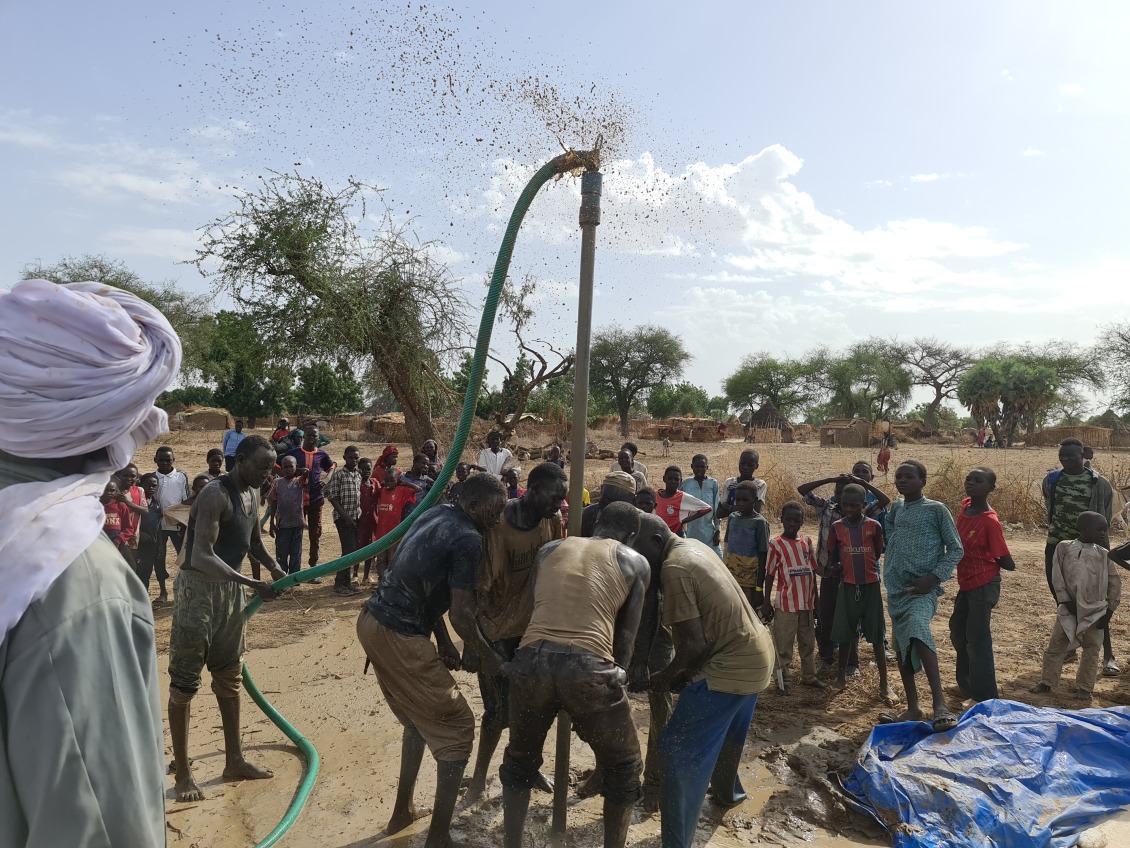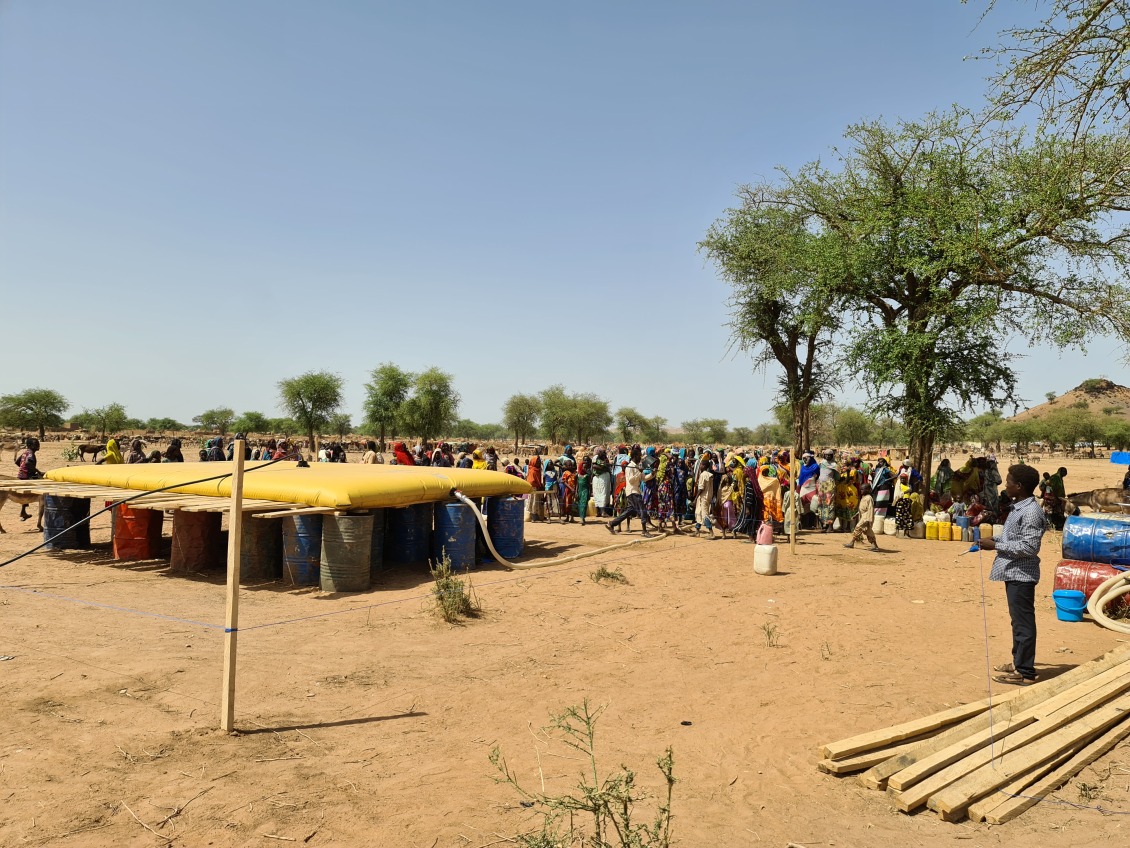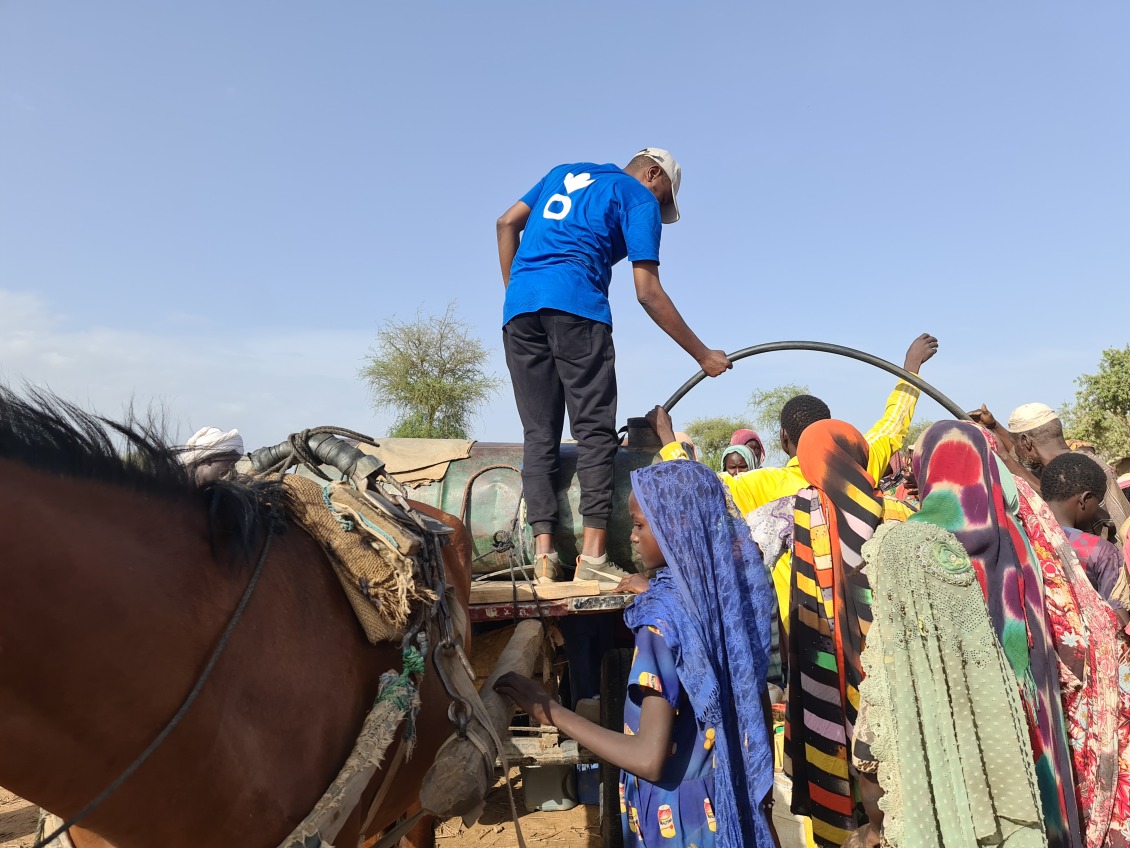
GIVE THIS RAMADAN

Since mid-April, more than 100,000 people have fled the violence in Sudan and sought refuge in Chad. Action Against Hunger is providing assistance in the provinces of Wadi Fira and Sila by supplying clean water, access to sanitation facilities, and essential supplies. Funding for the emergency response has been limited and the temporary shelters where families are staying are precarious. With the rainy season quickly approaching, refugees fear for their futures.

“Refugees fleeing hostilities arrive mostly empty-handed, without water or food,” explains Henri-Noël Tatangang, Country Director for Action Against Hunger in Chad. “Access to clean water is a concern. During our assessments in Wadi Fira, refugees told us that private operators manage the wells and sell 20L of water for [roughly $0.16USD).” While 16 cents per day for water does not seem like a lot, Tatangang noted “it is an exorbitant cost for refugee households who also need to provide water for their livestock” and live on less than $2 USD per day.
About 5,704 refugees fled from Sudan to the Wadi Fira province and 18,773 to the Sila province in eastern Chad, according to official registration records as of late May. Action Against Hunger’s rapid response team conducted a needs assessment and distributed 500 kits of emergency supplies to families in has Wadi Fira, in partnership with the UN Refugee Agency in the refugee camps of Milé and Kounougou. The kits included a solar-powered flashlight, detergent, bleach, aluminum cups, kettles, and a reusable bag. Action Against Hunger also worked with partners to install water tanks to improve access to clean water in the settlement sites.

In the Sila province, our teams provided three water storage tanks and we are also transporting water into the camps by horse-drawn carts. In the Ademou camp, we are repairing and rehabilitating wells and digging trenches to dispose human waste safely and prevent the spread of disease. The community has also established a weekly “cleanliness day” for the camp and living quarters using cleaning materials provided by Action Against Hunger.
The imminent arrival of the rainy season in Chad poses an imminent threat to this work. The camps, located in isolated areas, could see the outbreak of waterborne diseases and other risks from inclement weather pose, causing another crisis for refugees.
“The rainy season typically comes in July and August,” explains Tatangang. “In recent years, climate change has exacerbated catastrophic events. Last year, Chad experienced unprecedented floods, affecting nearly 600,000 people until November. In Sila, more than 79,000 people were impacted last year. The conditions are not in place for new refugees to cope.”

“Action Against Hunger teams have been able to provide an initial water, hygiene, and sanitation response to Sudanese refugees using existing funds,” says Tatangang. “But, the needs are immense. To ensure that refugees and host communities have access to basic services, donors need to mobilize and finance the humanitarian response for the 100,000 refugees already hosted by Chad and for the host populations whose access to resources has been disrupted by this massive influx of people. The rainy season is approaching, and urgent action is needed now.”
Join our community of supporters passionate about ending world hunger.